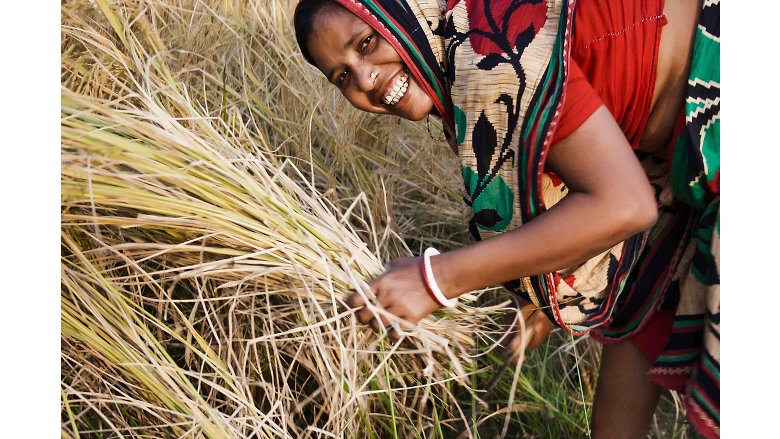WASHINGTON, June 9, 2023—The World Bank’s Board of Executive Directors today approved a $148 million loan to support the Indian state of West Bengal in harnessing surface and ground water through better irrigation practices that will benefit people in rural areas.
West Bengal is one of the largest food-producing states in India—producing nearly 15 percent of the nation’s rice—and the second largest fish-producing state. The state aims to further increase farmers’ incomes through production of a range of pulses, fruits, and vegetables. This requires increased availability of surface and ground water, as well as irrigation and agricultural systems.
The West Bengal Accelerated Development of Minor Irrigation Project – Phase II will support the state’s Department of Water Resources Investigation and Development and water-user associations (WUAs) to plan and operate new irrigation structures such as check dams, small-scale storage structures, creek rehabilitation, tube wells, and pump dug wells. The irrigation practices will allow for crop diversification to boost the yield of high-value crops including the production of 17,000 tons of oilseed and at least 10,000 tons of fish each year.
During Phase I, the Project created 2,277 WUAs and reached 125,000 beneficiaries.
“This project builds on the success of Phase I to provide climate-smart agriculture technologies and expand market linkages to over 240,000 small and marginal farmer households or 960,000 people,” said Auguste Tano Kouame, the World Bank’s Country Director for India.
The Project will continue to prioritize investments in areas that have irregular rainfall or extreme temperatures and bring 30,000 hectares under new irrigation schemes. It will also introduce innovative soil, water, and energy management measures such as plantation, solar irrigation pumping systems, and sprinkler and drip irrigation systems.
“The Project will create permanent capacity building to West Bengal for long-term support for minor irrigation and WUA developments in the state,” said Anju Gaur and Joop Stoutjesdijk, the Task Team Leaders for the project.
The community-based approach will help WUAs manage more than 4,000 new and existing minor irrigation schemes serving around 80,000 hectares.
The $148 million loan from the International Bank for Reconstruction and Development (IBRD) has a maturity of 11.5 years with a grace period of four years

